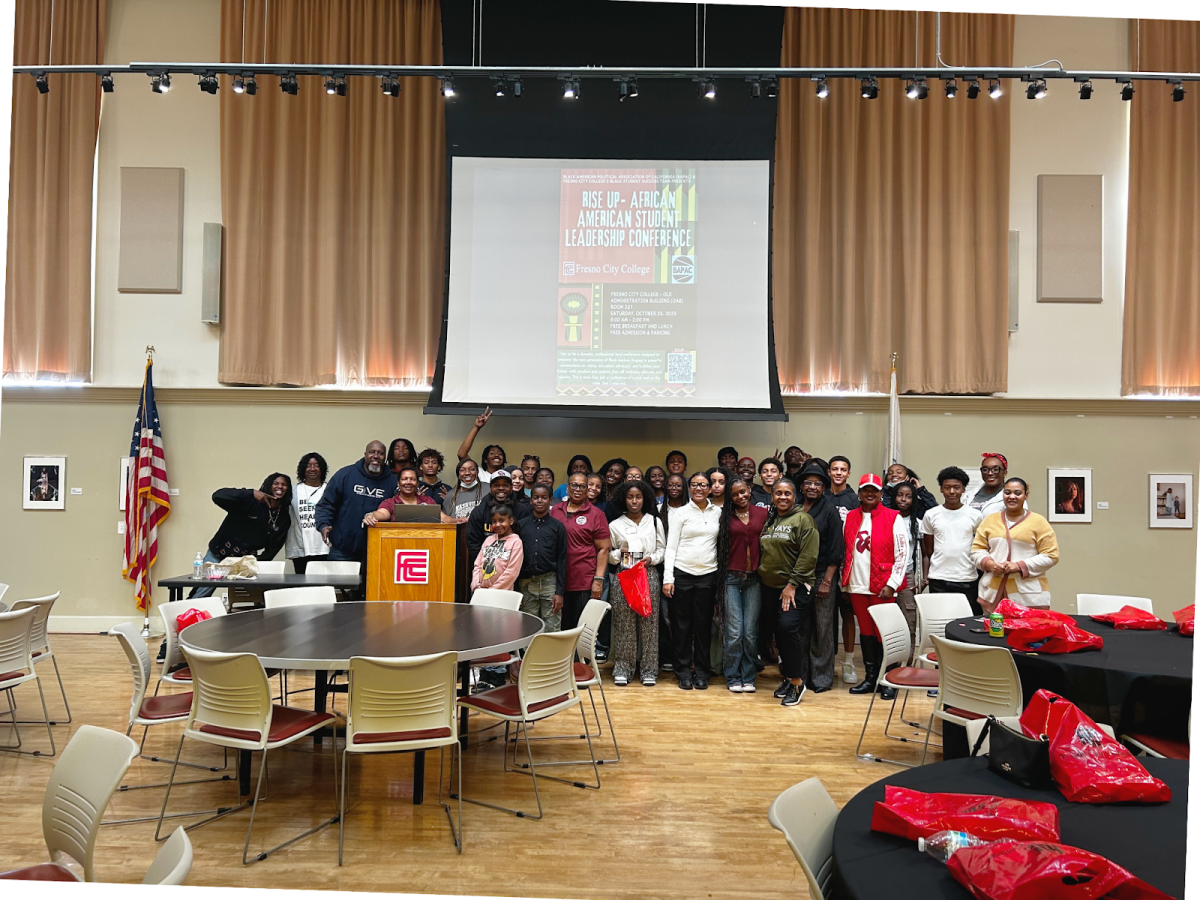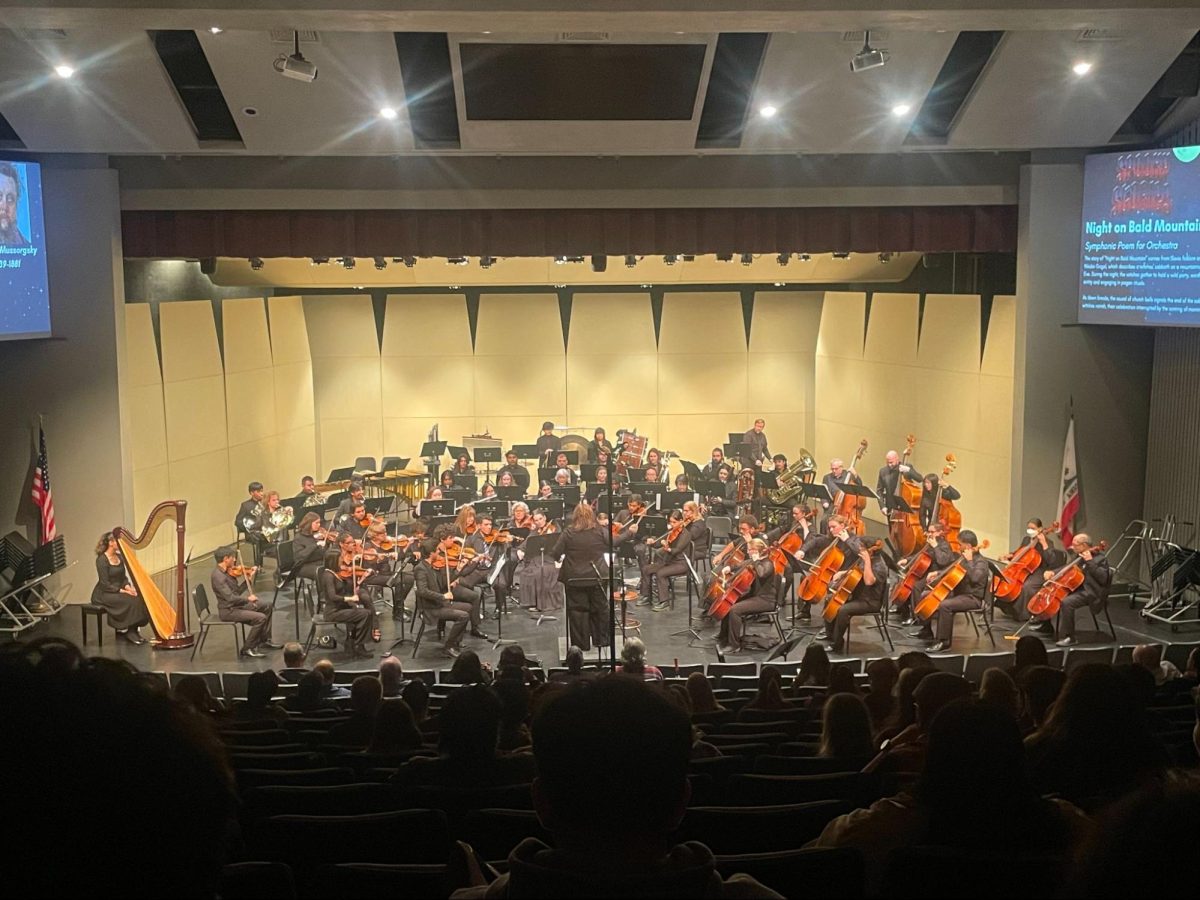Any industry is fueled by two groups of people, those who create the product and those who consume it.
When it comes to movies and video games, it seems that there are fans who feel that the content creators should abandon their personal ideas and only do exactly what the fans expect, as the fans are the ones paying for the content.
This implies that what is created in the industry is not the property of the creator, but of the consumer. But is this true?
The release of “Mass Effect 3” well over a month ago sparked much conversation due to its immense popularity. It was well-received overall, getting perfect scores from critique sources, such as G4TV and Game Informer magazine. The majority of other sources also gave it close to perfect scores.
But the game’s enjoyable and well-built gameplay was not the only thing its fans were chatting about on the forums. Fans who completed the game fell into two categories; those who thought the game was all-around amazing, and those who thought the ending was a rip-off.
To the latter group, the ending did not live up to expectations. It was so disappointing that they felt what was advertised in commercials and interviews did not sync with the product they were sold.
This was the justification one group used to file a complaint with the Federal Trade Commission, according to an article in Game Informer. Complaints were so intense that developers, Bioware, are releasing a free downloaded expansion to the ending of the game this summer.
“Kinect Star Wars,” released April 3, excited “Star Wars” fans, new and old, with the promise of having lightsaber duels and podraces in the comfort of your living room.
However, one inclusion to the game horrified fans; Star Wars-themed dance competitions where the players dance along with various characters to pop songs with lyrics rewritten for the Star Wars universe.
The “Call of Duty” franchise’s ability to draw in fans of the multiplayer has not gone unnoticed.
Games like “Halo,” “Hitman” and “Assassin’s Creed” have all either changed their multiplayer or completely added one.
This was done in hope of bringing the Call of Duty crowd in. The problem with this is that while it does attract that crowd, it’s unable to make them stay.
Call of Duty fans are going to stick to the series, meaning the game didn’t keep the fan base they hoped to attract, and disappointed the fans they already had by changing what those fans already liked about it.
So are moves like these justified? Developers feel their content is their art.
Bioware’s ending was what they imagined for the story they wrote. Kinect games are meant to be party games. It only made sense to include an activity such as that, even though it supposedly ruined the childhood of fans.
Call of Duty’s success is undeniable, marketers will tell the developers they’d be foolish not to try to bring in some of those numbers for their own franchise.
Developers are going to take the feedback of their fans into consideration, but no one fan’s commentary is valid enough to stand over shoulders and make decisions. Fans don’t own the content, but they can control its direction if they give fair and respectful feedback.












